Death Companioning and How It’s Helping Me Get Through the Pandemic
How an online course about grief helped me ease my COVID-19-related anxieties.
A couple weeks into self-quarantine due to a possible COVID-19 infection (I didn't qualify for a test), I was mindlessly scrolling Instagram—admiring sourdough starters and sleeping cat pics—when a post caught my attention: Cole Imperi, a thanatologist and public health educator, was offering a “Death Companioning Crash Course.”
The online course would be tailored to the pandemic and would teach “how you can be prepared to support your community in the coming weeks and months.” Even better, Imperi—who has previously given TED talks on bereavement and mourning—would offer the class at no cost or barter for those (like me) who couldn’t pay due to virus-related hardship.
By the time I stumbled on Imperi's post, the dangers and isolation of the pandemic were wearing on me; high levels of anxiety over the health and safety of my family members crept in. I had just canceled a visit to see my mother. She lives more than 300 miles away and suffers from multiple terminal illnesses, including COPD. I knew seeing my elderly mother-in-law, who is also in poor respiratory health and lives 3,000 miles away, was out of the question. When will I be able to spend time with them again? How will I be able to help if they end up hospitalized? Or worse?
That constant line of thinking—coupled with the ever-present news on the steady rise in COVID-19 related deaths—made Imperi’s class incredibly appealing to me. It would be something to do while isolating that could actually help me or my community deal with the fears and questions we're all experiencing first-hand.
During each session of my class (it met three times a week via Zoom), I listened to and spoke with Imperi and the other 35 students who were positioned in Brady Bunch boxes around my computer screen. Prior to starting the course, I hadn’t been joining in on any “Zoom happy hours” or virtual parties, so my fellow death-companions-in-training were the first people I had interacted with visually, aside from my husband, for weeks. After the initial awkwardness, the classes took on the vibe of a support group, with people opening up, one after the other, about how the pandemic had affected them. We saw each other’s pets and children, heard how some had lost their jobs, how some had lost people, and how concerns about the future had led us all to the course. Some participants already had ties to end of life services, either in the medical field, working in hospice, or as funeral directors.
A post shared by Cole Imperi 💀 Thanatologist (@imperi)
A photo posted by on
Through the class, I learned a simple way to explain what death companions could provide: a bridge between the worlds of health care and death care. They could help fill out advance directives, make funeral choices, develop meaningful rituals, or even sit vigil at a bedside. Death companions could also help gently facilitate or initiate conversations about DNRs or estate planning. (There are also helpful online tools for this, such as MyDirectives.com, FiveWishes.org, and GetYourShitTogether.org.)
Under pre-pandemic circumstances, most of this would have been done in-person. Now, with many people dying alone and grieving alone, death companions had to learn how to be virtual psychopomps. I learned it wasn't about making grand gestures. It could be as simple as being a non-anxious presence, accompanying people through Zoom or social media if necessary, in their bereavement or through the anticipatory grief of an expected loss.
Stay In The Know
Get exclusive access to fashion and beauty trends, hot-off-the-press celebrity news, and more.
The most difficult obstacle for many during the pandemic is not being able to hold a traditional funeral, shiva, or wake; or to show up for loved ones as a supportive mourner. But I learned that we all have to have tempered expectations right now—and that includes with grief. While it's important to revisit family and spiritual traditions, honoring loved ones, and comforting each other, it’s not as important as preserving the health and safety of living people.
Realize and accept that, for now, religious services and funerals might have to be live-streamed. Planned viewings and burials might end up being direct cremations, as not all funeral directors are currently offering embalming. The inability to host or attend a funeral or to give someone the send-off they or you had hoped for does not reflect on you. I learned we must do the best we can with what is available and, most importantly, do so without guilt.
But we should resist the temptation to put off gathering with loved ones "until you can do it in person." While Zoom funerals may seem sterile or awkward, acknowledging loss and marking it with some type of ritual is an important piece of healthy mourning; grieving and having your grief witnessed by others is therapeutic. I learned holding in your public mourning for a future date will likely only extend the length of time you suffer with it.
I learned it wasn't about making grand gestures. It could be as simple as being a non-anxious presence.
Imperi taught us there are ways to personalize virtual mourning experiences. Attendees can light candles to keep vigil together. People can share brief readings that hold meaning. Everyone can present favorite photos of the deceased or gifts they received from them. Or construct a personal altar at home, with keepsakes and objects important to the deceased's spirituality or simply memories of them. A collection of candles, souvenirs, photographs, flowers—whatever you want—can make the faraway loss tangible. If there is a traditional meal associated with family memories, each person can prepare it in their own kitchen and eat it together while reminiscing. Serve it on the good china—why not?
Since finishing the course, I’m still just as concerned for the health and safety of loved ones as I was before. But being able to raise those issues in a class was endlessly comforting. I’ve learned more about what established health care and death care professionals are dealing with during the pandemic and how to have realistic expectations about what could happen. I learned from Imperi that curbing anxiety and grief can be as simple as not asking “why” questions, like “Why is this happening?” Instead, it’s more useful to ask “what” questions, such as “What can we do with the circumstances available?”
During the time since I started the class, three friends have lost a parent. Almost everyone I know is dealing with anticipatory grief. And several more are working to process the “shadowloss” (a term coined by Imperi) of “normal life.” I feel better equipped now to deal with it all.
I learned it’s important to realize that you’re not alone. Everyone is dealing with new and strange anxieties, and we will all need to turn to our families and chosen communities for support. Even if we haven’t lost anyone close to us from the virus, we’re all mourning the loss of the world as we used to know it. I learned we must companion ourselves first, whatever that means to you, and then make space for those who are mourning. Really be present for them when you do; listen to their stories and bear witness to their tears, accompany them, even if it’s through a screen.
In class, Imperi shared how her mother was supporting a grieving friend when she couldn’t show up in person. Every day she would mail an envelope containing a note and a puzzle piece to her friend, until the whole puzzle had been sent. Though it wasn't much, it provided a daily manifestation of love.
I learned that, when you're grieving, sometimes that can be enough.
For more stories like this, including celebrity news, beauty and fashion advice, savvy political commentary, and fascinating features, sign up for the Marie Claire newsletter.
Related Stories
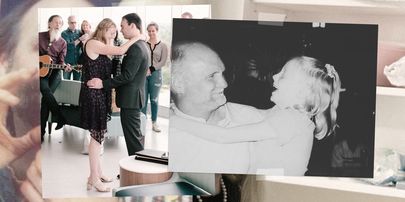
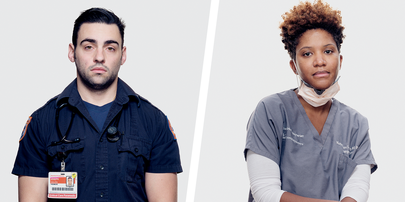
-
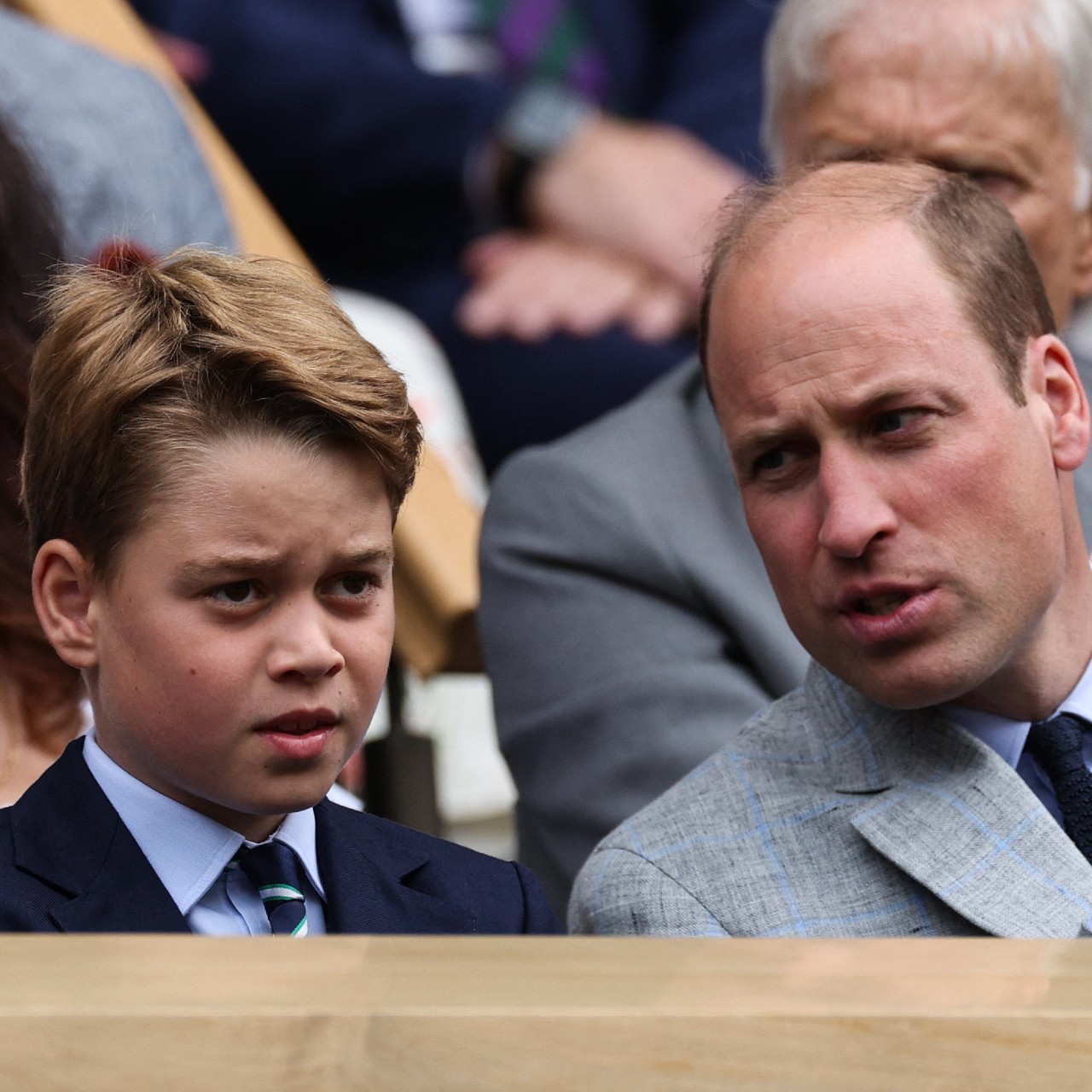 Prince George Looks Just Like a Young Prince William During Fun Night Out with His Dad and Billionaire Godfather
Prince George Looks Just Like a Young Prince William During Fun Night Out with His Dad and Billionaire GodfatherThe 11-year-old joined his father and the Duke of Westminster for an exciting football match in Birmingham.
By Kristin Contino
-
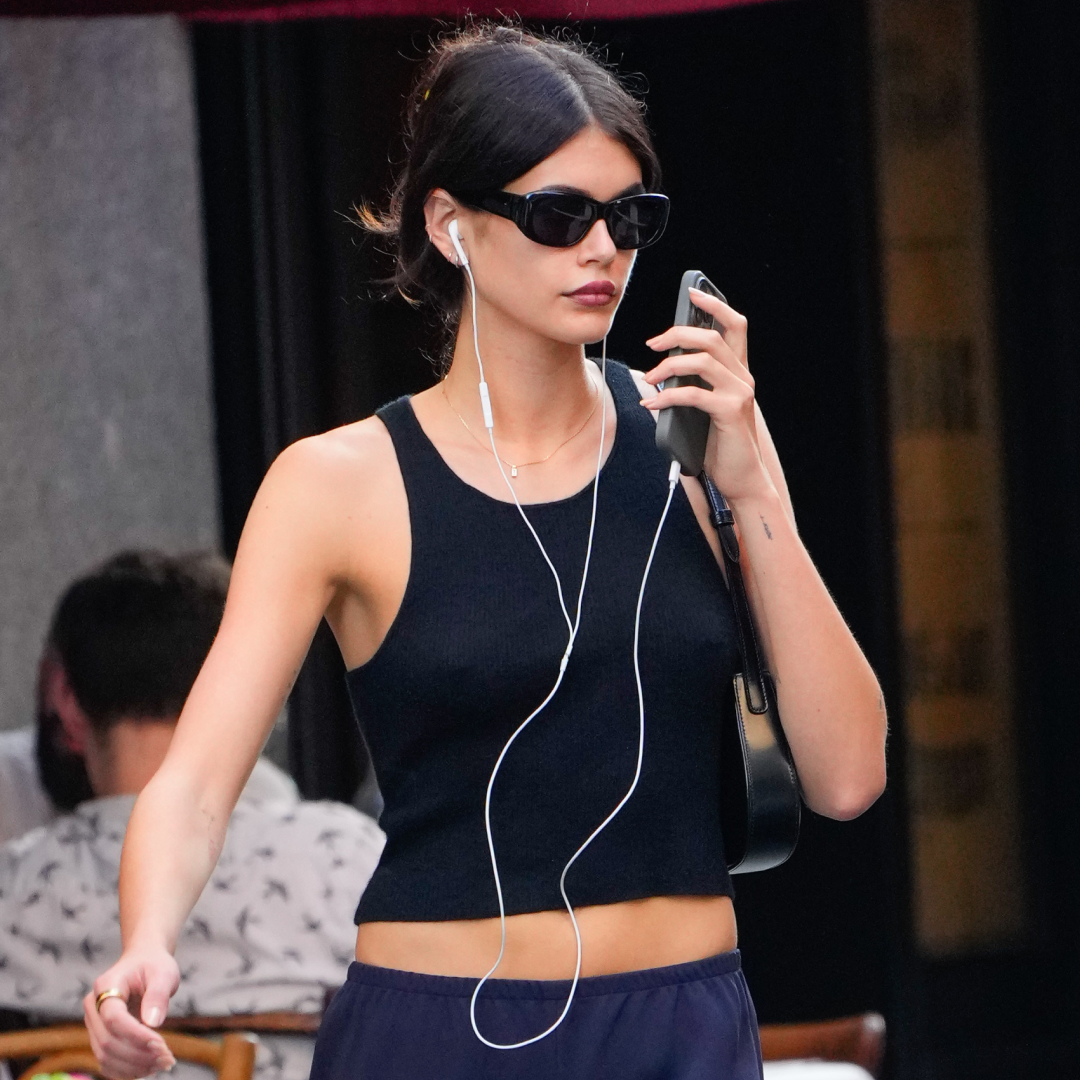 All the Fashion Girlies Are Trading High Heels for These $110 Ugg Slippers
All the Fashion Girlies Are Trading High Heels for These $110 Ugg SlippersThey're the key to red carpet recovery.
By Kelsey Stiegman
-
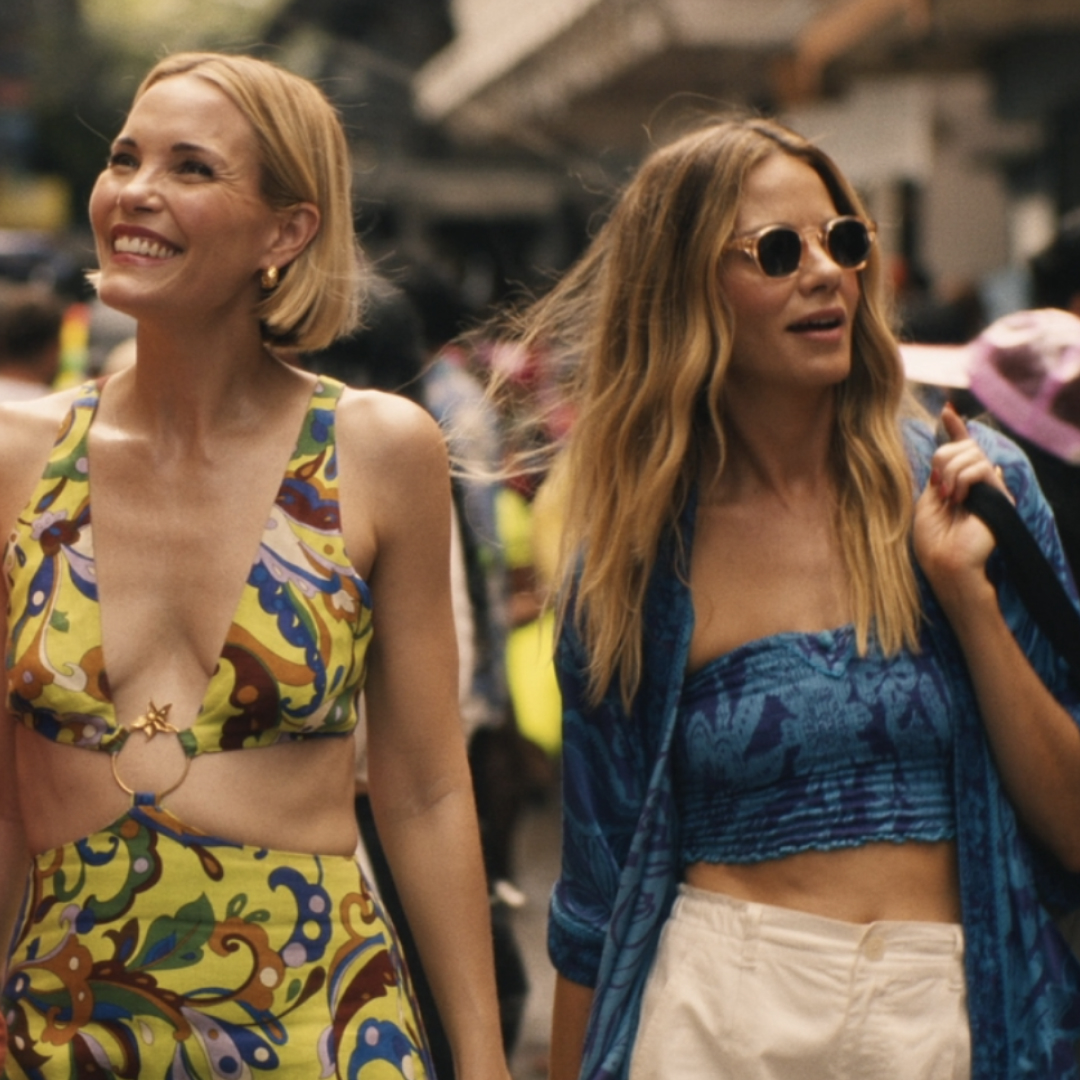 10 Vacation Destinations Inspired by Beloved TV Shows
10 Vacation Destinations Inspired by Beloved TV ShowsWhether you're ready to experience life like the lords and ladies of 'Downton Abbey' or you're craving an 'Emily in Paris'-style adventure.
By Amy Mackelden
-
 Senator Klobuchar: "Early Detection Saves Lives. It Saved Mine"
Senator Klobuchar: "Early Detection Saves Lives. It Saved Mine"Senator and breast cancer survivor Amy Klobuchar is encouraging women not to put off preventative care any longer.
By Senator Amy Klobuchar
-
 I'm an Egg Donor. Why Was It So Difficult for Me to Tell People That?
I'm an Egg Donor. Why Was It So Difficult for Me to Tell People That?Much like abortion, surrogacy, and IVF, becoming an egg donor was a reproductive choice that felt unfit for society’s standards of womanhood.
By Lauryn Chamberlain
-
 The 20 Best Probiotics to Keep Your Gut in Check
The 20 Best Probiotics to Keep Your Gut in CheckGut health = wealth.
By Julia Marzovilla
-
 Simone Biles Is Out of the Team Final at the Tokyo Olympics
Simone Biles Is Out of the Team Final at the Tokyo OlympicsShe withdrew from the event due to a medical issue, according to USA Gymnastics.
By Rachel Epstein
-
 The Truth About Thigh Gaps
The Truth About Thigh GapsWe're going to need you to stop right there.
By Kenny Thapoung
-
 The High Price of Living With Chronic Pain
The High Price of Living With Chronic PainThree women open up about how their conditions impact their bodies—and their wallets.
By Alice Oglethorpe
-
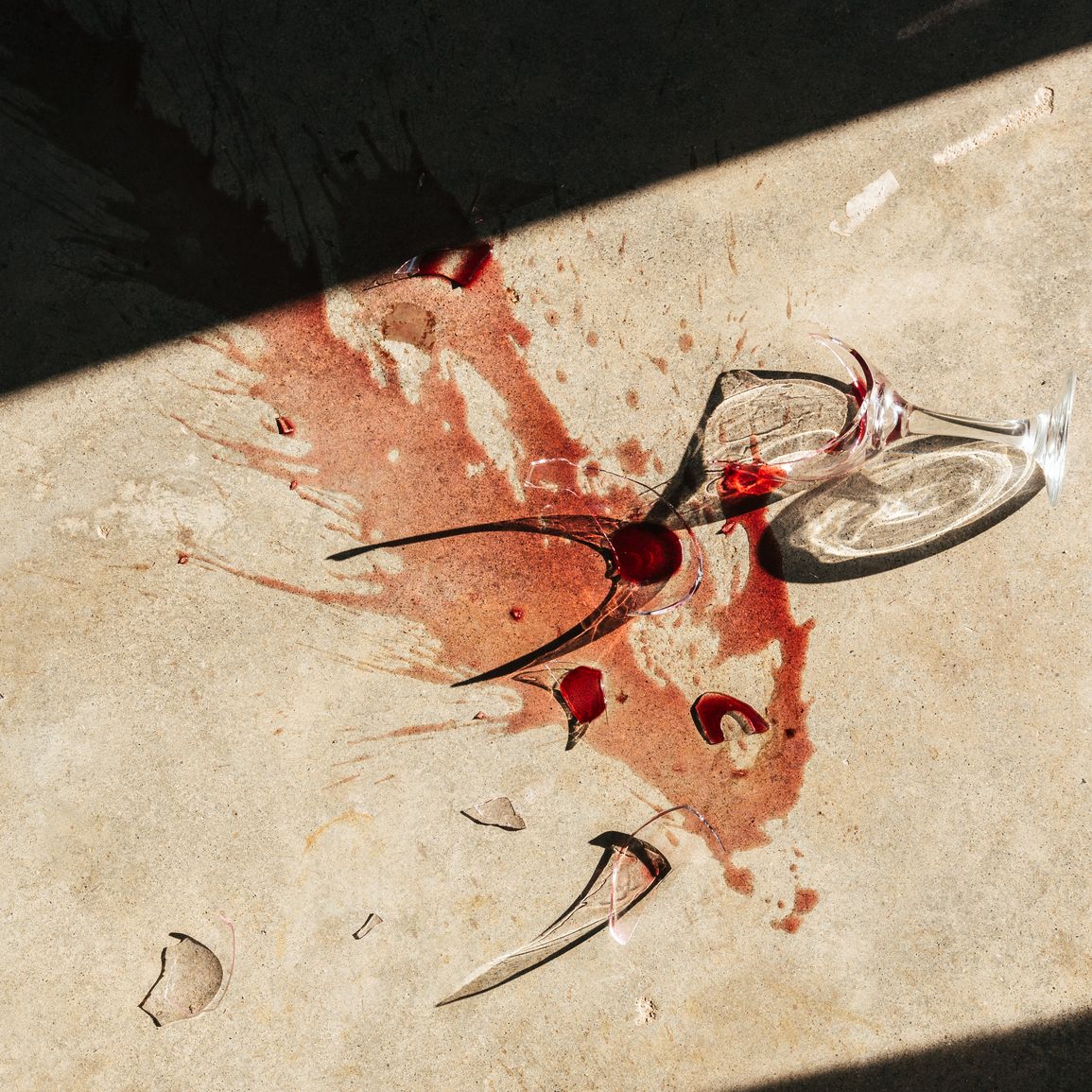 I Used to Imagine Murdering the Men I Dated
I Used to Imagine Murdering the Men I DatedFalling in love helped me finally figure out why.
By Jessica Amento
-
 60 Workout Apps for Women Who Want Results (Without a Gym Membership)
60 Workout Apps for Women Who Want Results (Without a Gym Membership)Buying Guide Easy fitness plans you can follow without fear of judgment.
By Bianca Rodriguez